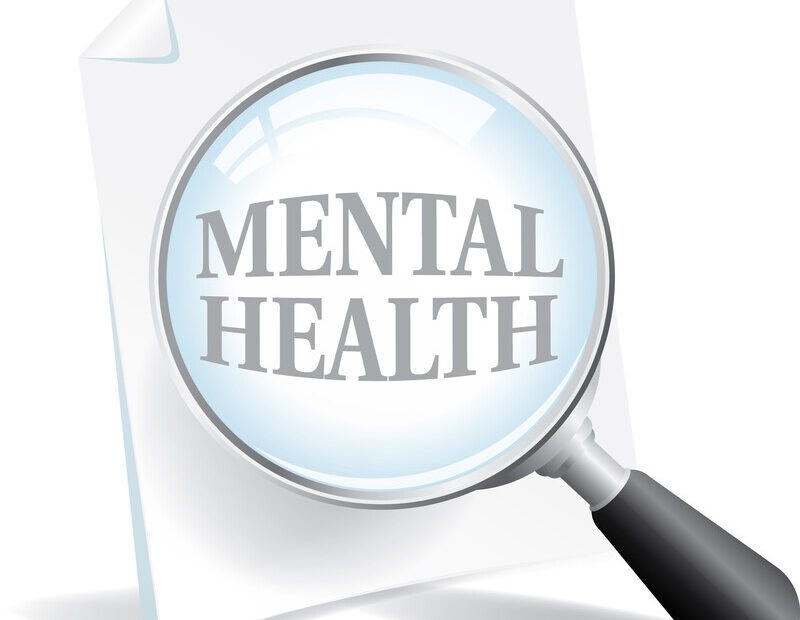Sometimes people use the term “therapist” and “counselor” interchangeably. So this may leave you confused as to the difference between counselor vs therapist. And in a certain context this is fine. For example, some mental health providers are licensed as both counselors and marriage and family therapists. But a “therapist” that is purely a “massage therapist”, for example, has no recognized mental health provider training. And “career counselors” or “guidance counselors” or “mentors”, for example, are good at helping people decide on a vocation but they are sometimes not trained to help with mental health issues. Similarly “financial counselors” or “credit counselors” and “camp counselors” have little or no mental health training. And you shouldn’t confuse a “physical therapist” or a “speech therapist” or an “occupational therapist” with a mental one. They provide therapy of a different kind.
In mental health practices, are they the same?
Someone that is trained as a mental health counselor receives a different emphasis than someone trained as a marriage and family therapist. Generally, marriage and family therapists are trained to put an emphasis on the effects different family members have on each other. And also the effects other people in our social circles like our teachers and workmates and so on. It is like throwing a pebble in a bond, there are effects in both directions from the actions we take and words we say to one another.
But some counselors also take a similar approach. Reading the description on their page may help. For example, some counselors just see children and adults, but not couples. But other counselors do also see couples and families.
And because counseling and therapy involve talking, they are also sometimes referred to as “talk therapy” or “psychoanalysis” or “psychotherapy.”. And they can thus be called “psychoanalysts” or “psychotherapists.” The terminology varies, but they are essential performing a similar task.
Some social workers are also trained in counseling / therapy. And so are psychologists, psychiatrists and psychiatric nurse practitioners.
There are also mental health professionals that are trained as “art therapists”. They use artistic expression as a way to help people to explore their inner selves and to communicate what they are feeling. Some people find this extremely useful.
Some coaches act as if they are counselors. But they generally don’t have academically recognized counseling training. So they may uncover deeper issues and not know the best approach to resolving them. This can sometimes increase trauma and worsen conditions such as Post Traumatic Stress Disorder. Some “pastoral counselors” also have no formal academic counseling training. We also don’t recommend things such as “conversion therapy” due to the damage it can do to ones mental health.
Do counselors and therapists use the same techniques?
Many counselors and therapists do employ similar techniques. For example, Cognitive Behavior Therapy (CBT) is often utilized by both types of mental health providers.
How to decide on a counselor vs a therapist?
If you are trying to decide whether to see a counselor vs a therapist, you may like to look at their specialities as a way to decide. For example, some may like to see couples and families or know more about ADHD or about anger management and so on. Try and find a mental health professional with a specialty that matches what you are needing.
If you have any trouble selecting the best mental health professional, please contact us and discuss it.

